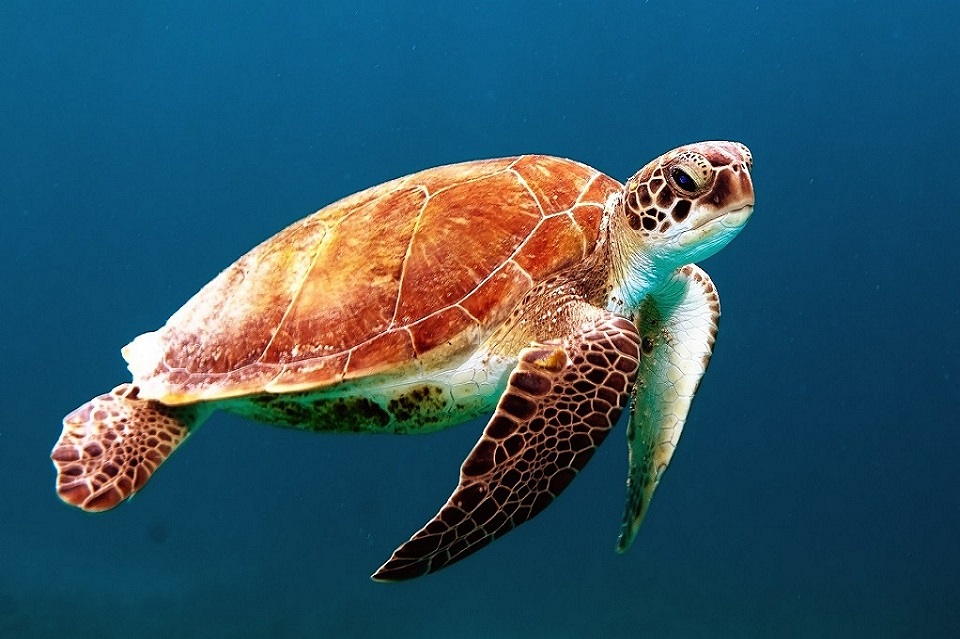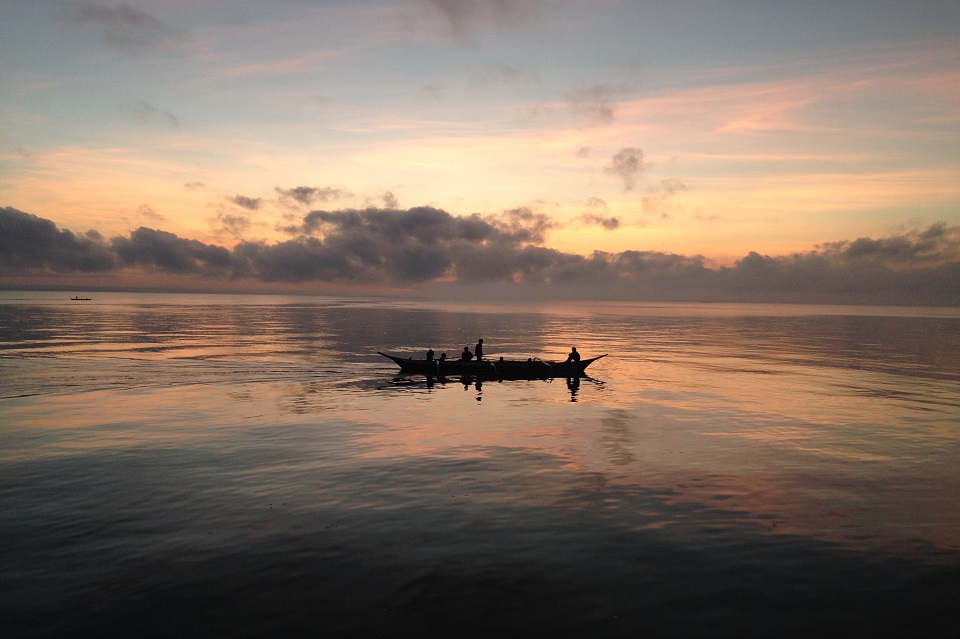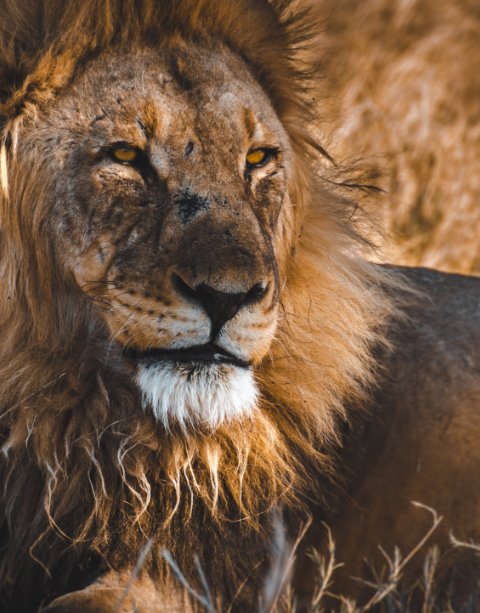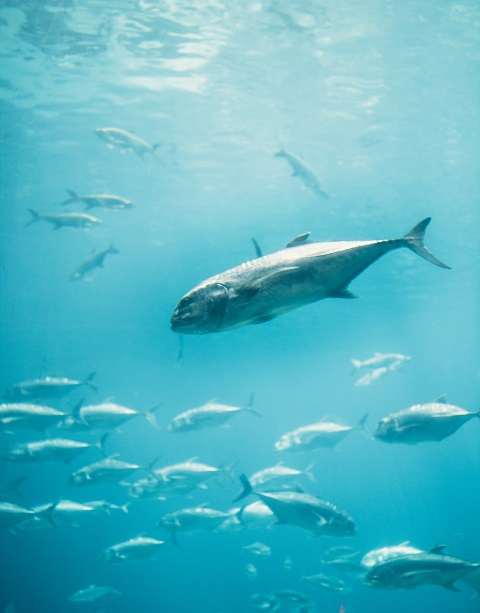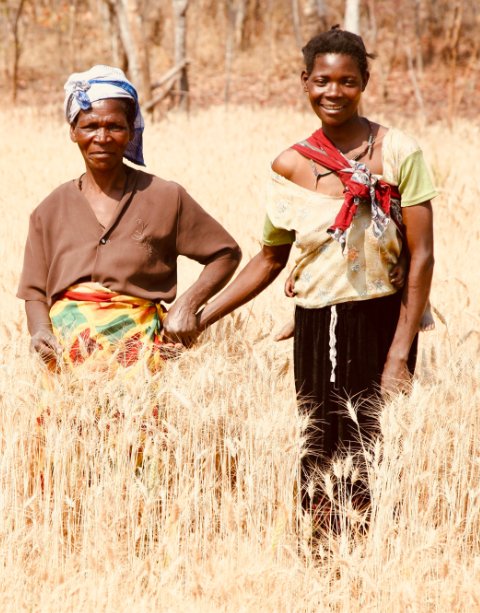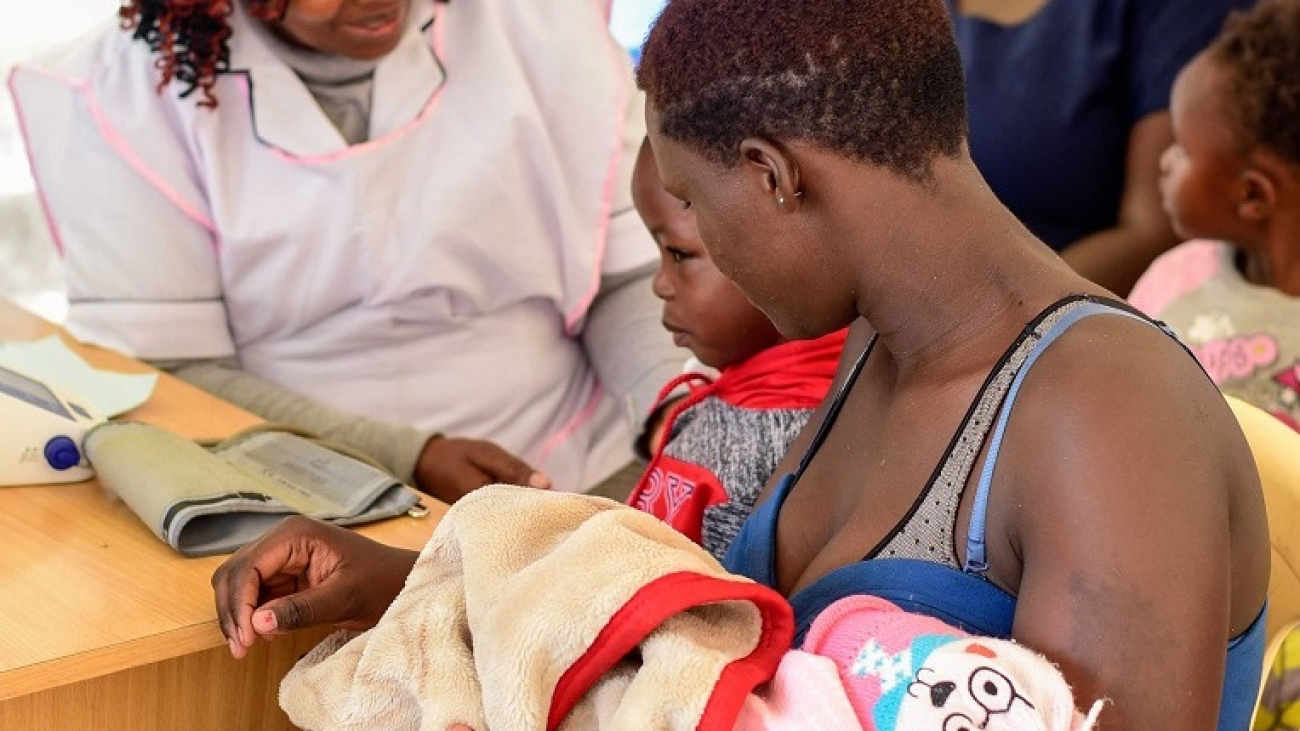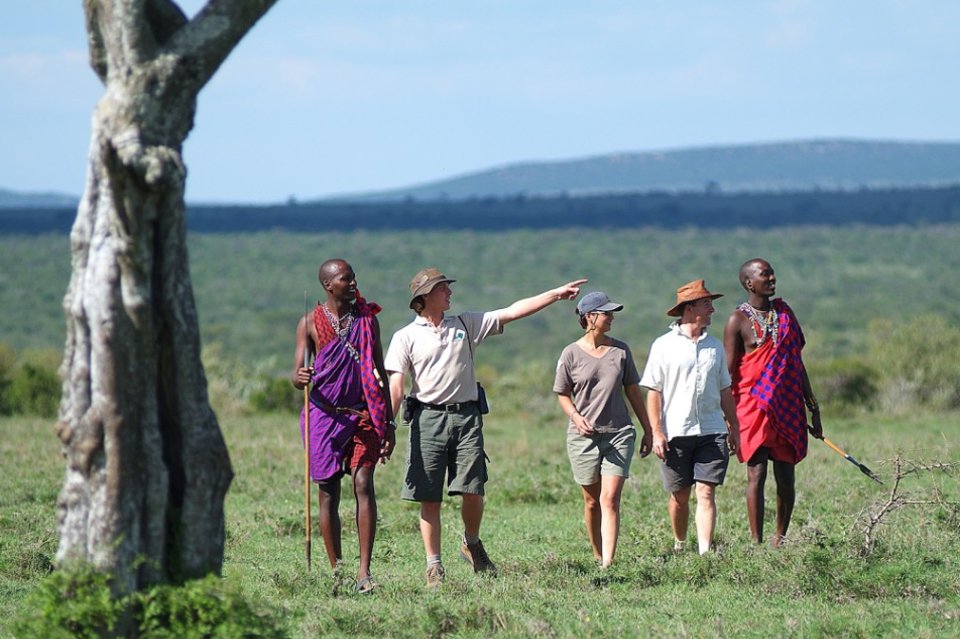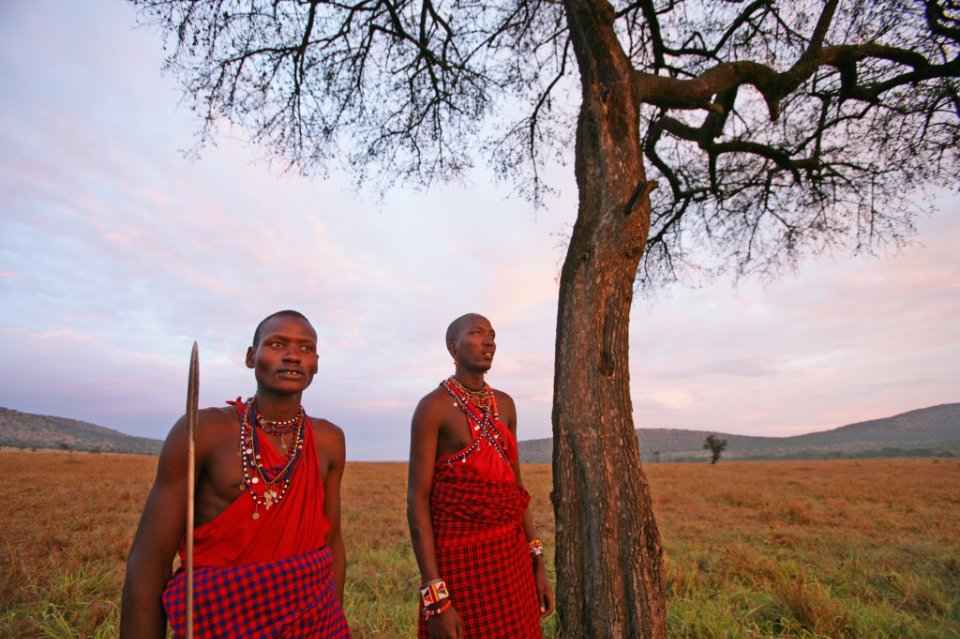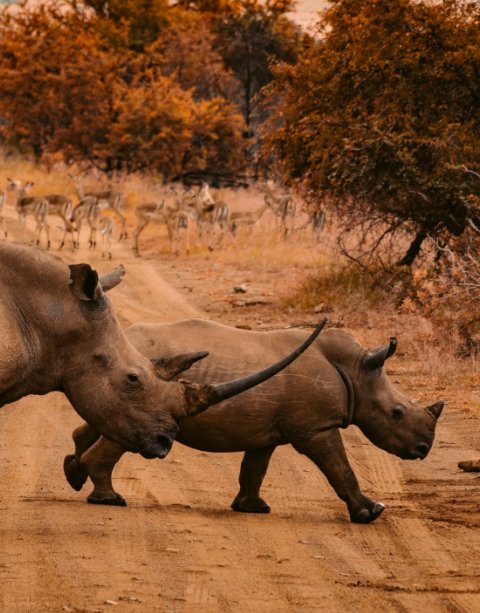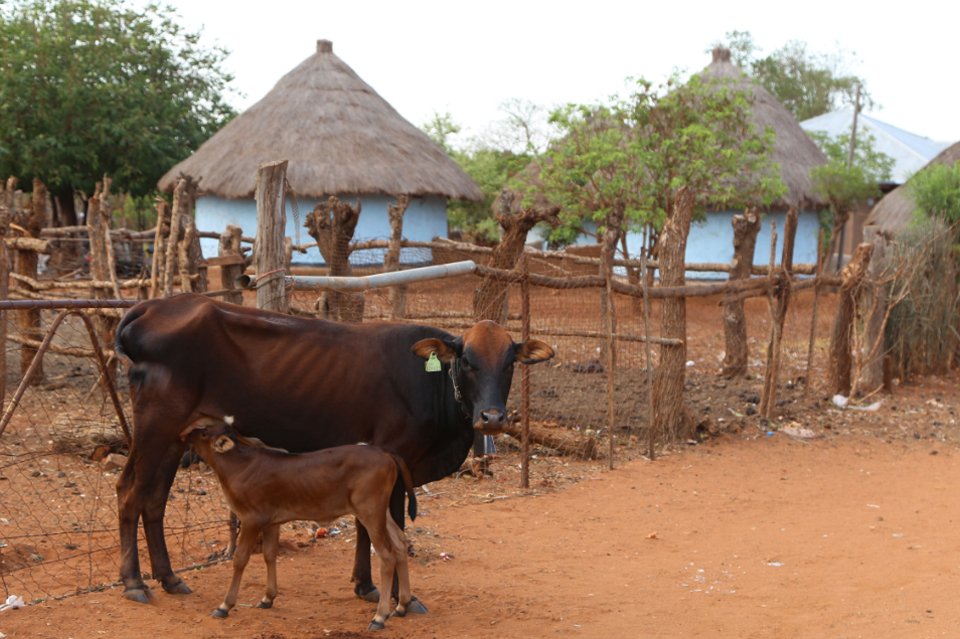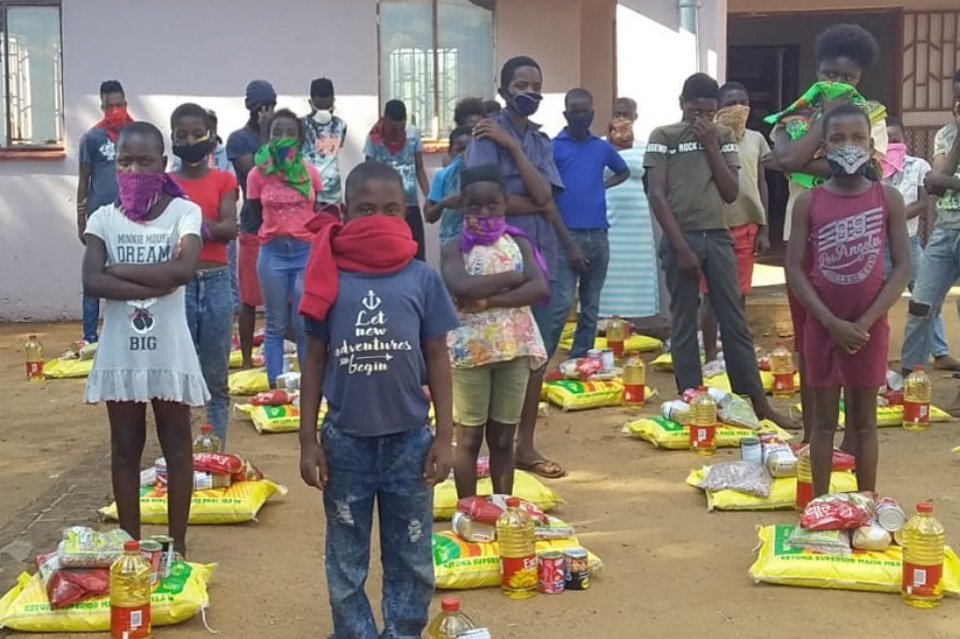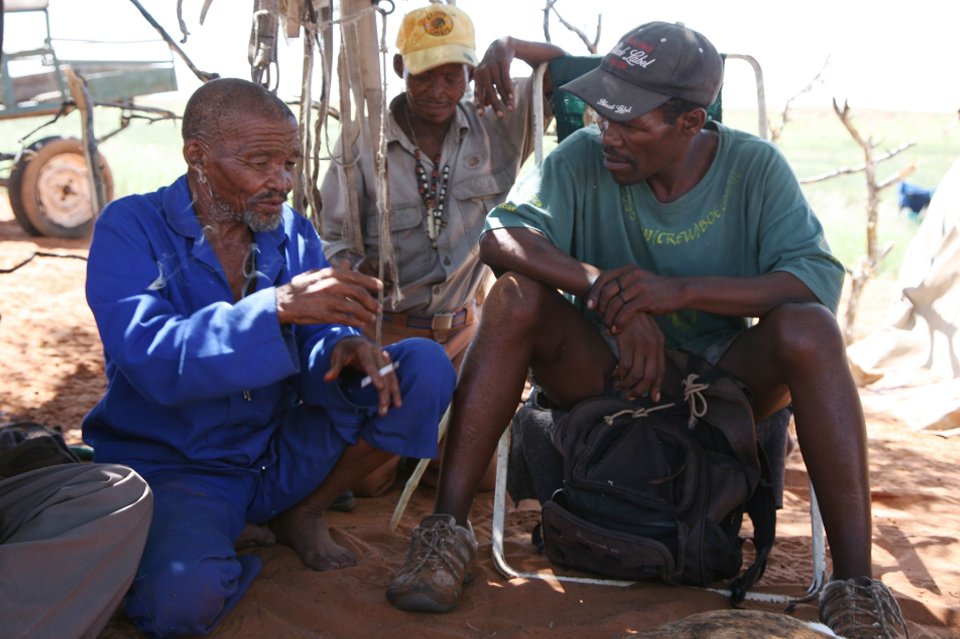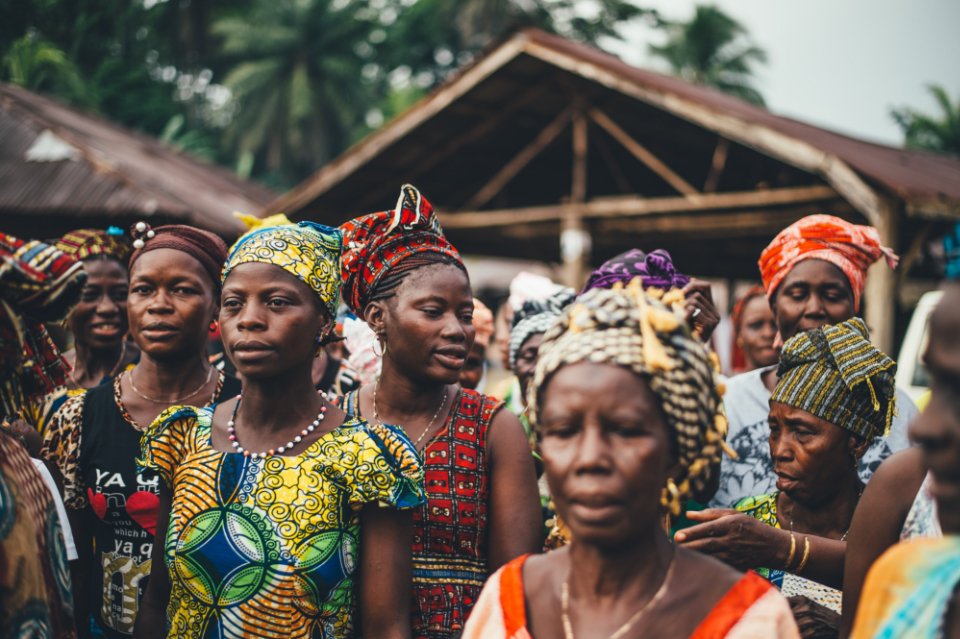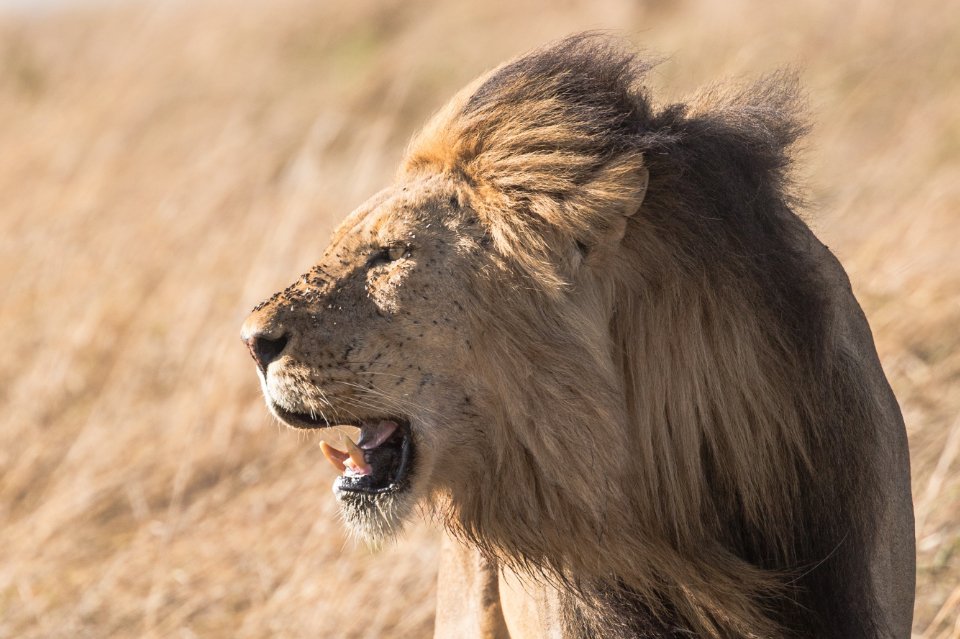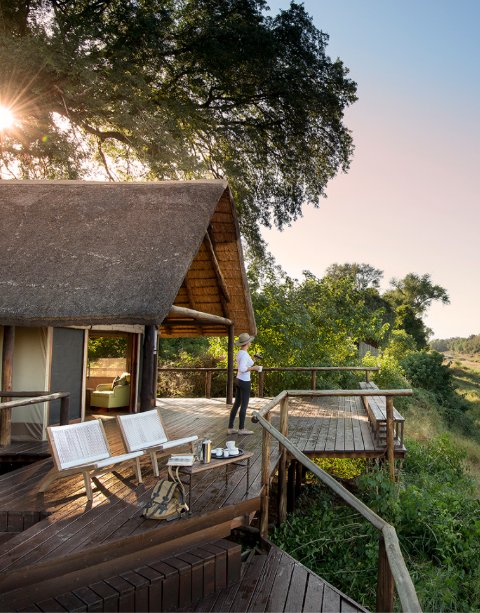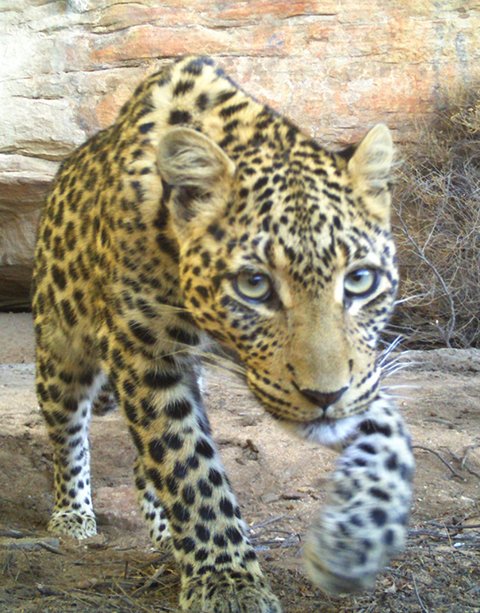Morally Contested
Conservation

MORALLY CONTESTED CONSERVATION
In Sub-Saharan Africa, conservation is morally contested. This project explores some of the most important and contentious issues around conservation and sustainable use that are affecting people in Sub-Saharan Africa, where there appear to be major rifts between local and external moral worldviews.



JAMMA INTERANATIONAL
Our
Approach
Jamma International is supporting this project in collaboration with the University of Oxford, Cornell University, and WWF Germany. The focus of this project is primarily on conservation areas in sub-Saharan Africa.
The project combines on-the-ground fieldwork with large online studies to measure attitudes, beliefs, and policy preferences of people living in sub-Saharan Africa, the United Kingdom, and the United States. To ensure that the project serves the interest of sub-Saharan Africa communities, the project is guided by a steering group comprising African community representatives such as academics, representatives from civil society organisations, and local community leaders. This steering group helps us identify key morally contested issues affecting people in sub-Saharan Africa.
Crucially including rural Africans, to better inform conservation and development policies in sub-Saharan Africa and internationally.


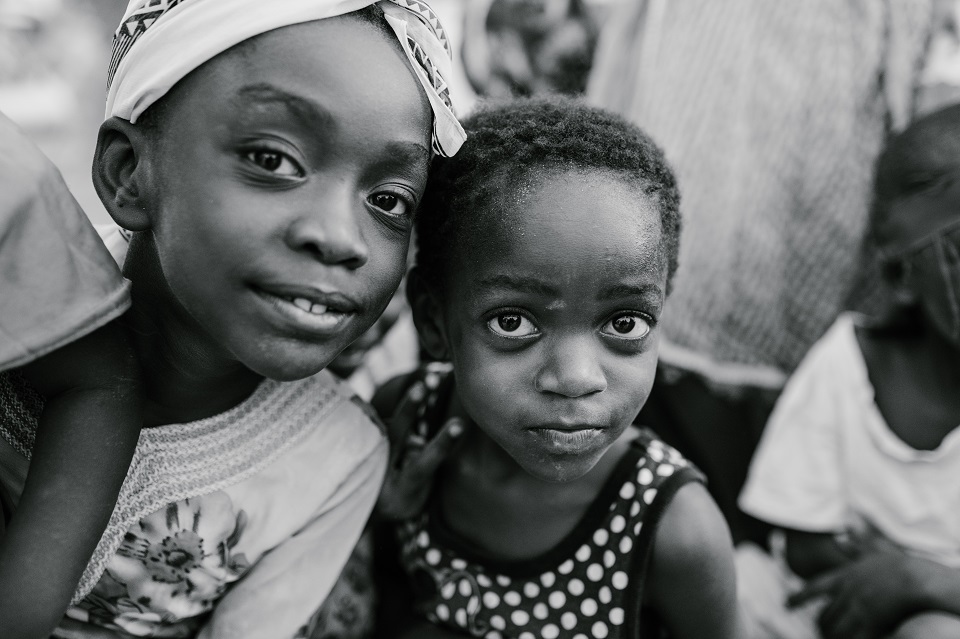
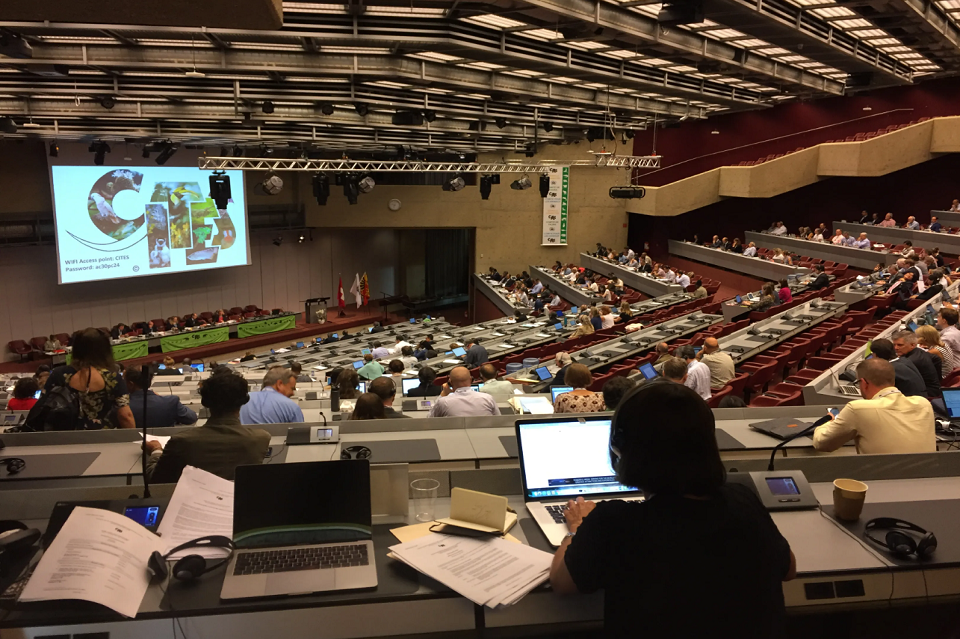
This project seeks to respond to a wide range of conservation questions which remain globally contested.
• Who gets to make decisions over the sub-Saharan African wildlife and the people?
• What should successful conservation look like?
• Whose interests should take priority?
• How much harm should rural Africans bear in protecting wild animals and their habitats?
• Are local people part of the problem or part of the solution?
• Is it acceptable to remove people from their land to create space for wildlife?
• Which are more important, the rights of local people or the rights of individual animals?
Recently, there have been concerns that the global West are dominating debates around these questions and are influencing conservation decisions and policies that affect sub-Saharan African people who bear the costs of living alongside wildlife.
“We aim to directly and clearly communicate the findings of this project to the people whose decisions will influence the future of conservation in sub-Saharan Africa, through publications in peer-reviewed academic journals and articles”

The project recently formed collaborations with Sub-Saharan partners including academics, representatives from civil society organisations, local community leaders and students from sub-Saharan African universities. Together, they will be collecting robust evidence on local and global perspectives on key morally contested issues affecting the sub-Saharan African people and identifying where the major conflicts between local and international moral worldviews exist.
At the heart of the project are graduate students enrolled in universities in sub-Saharan Africa. The students contributing to the core project research have flexibility to design and pursue their own complementary research projects on morally contested conservation, using methods of their own choosing.


“How local, national, regional, and international decision-makers answer the questions of this project will determine the future for wildlife in sub-Saharan Africa and the lives of millions of people in the region.”
JAMMA INTERNATIONAL
Interested in finding out more about our values, projects and processes?
Please fill out the interactive form below.
Contact us








